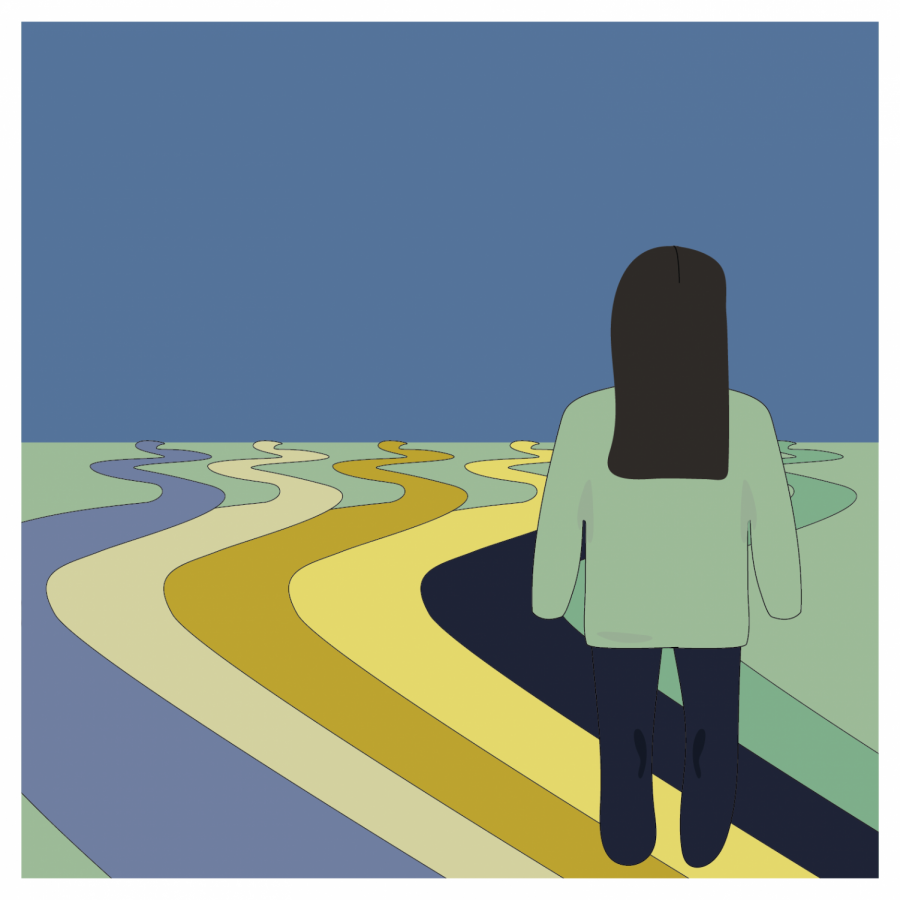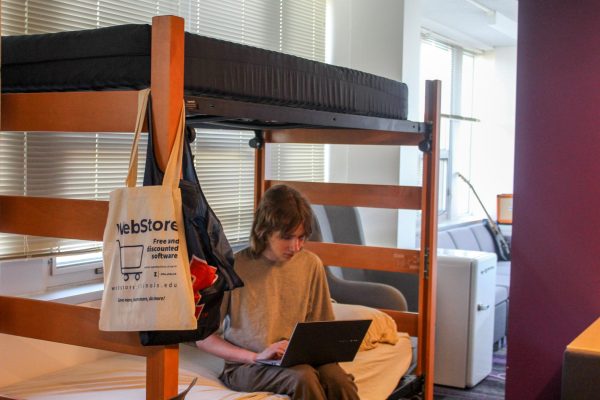Unlimited choices make us unhappy
Sep 30, 2018
“If you had to choose any moment in history in which to be born,” former President Barack Obama said in a speech last year at the Gates Foundation, “you’d choose right now. Because the world has never been healthier, or wealthier.”
Now does seem to be a good time to be alive. Indeed, by the measures he cites, everything seems likely to get even better. Throughout the 20th century, the average American expected to live 30 years longer; median family income more than doubled; the high school graduation rate increased markedly. In this century, technological innovation continues apace, delivering ever more powerful devices and conveniences. Economically and materially, we have more choice than any society in history. We certainly seem better off.
And yet, in the midst of all this seeming progress, a shadow looms. Material gains do not reflect an increase in well-being, as one would expect. In fact, many indicators show just the opposite.
The use of antidepressants exploded for Americans of all ages. Of particular concern are trends among the young. Nearly half of college students report having experienced an episode of “overwhelming anxiety” in the past year, and a recent study found nearly half of American adults feel lonely, with members of Generation Z and millennials reporting the most loneliness.
What has gone wrong?
Get The Daily Illini in your inbox!
In large part, we’ve done this to ourselves: We are too free and it’s making us miserable. The connection between the two may not be immediately obvious, but I think our cultural attitudes toward choice have created this epidemic of unhappiness.
This is, of course, not to say that choice is not positive — we can’t be happy without it. It is one of our society’s great achievements that individuals have so much power to shape their own lives. But there can always be too much of a good thing, and the problem comes when our culture refuses to acknowledge that. We hail any increase in the range of available choices as an unalloyed good.
Even in the economic realm, this naïve account of happiness as a function of choice may be misguided. Psychologist Barry Schwartz, in his book “The Paradox of Choice”, details the negative psychological effects that can come from having too many options as a consumer. He describes the tendency to “maximize” when trying to make a choice, which forces the consumer to consider all relevant alternatives to ensure they pick the best. The maximizer is never happy with his or her decision, as there is anxiety in anticipation of deciding, and self-reproach after having decided, when a better alternative is discovered.
As much as that might contribute to unhappiness, the cheerleaders for choice have done the most damage with cultural narratives around choice. They advocate what Dr. Timothy Keller notes Robert Bellah calls “expressive individualism”: the belief that your internal desires must be pursued and asserted, no matter the cost, and that any opposition from outside oneself is illegitimate. Self-assertion to the exclusion of everything else is their credo. This unbounded view of choice has profoundly negative consequences, in two main ways.
The first is that believing in the illegitimacy of outside influences decimates the institutions that have traditionally shaped choice and shepherded us toward good ones. The demands of family, church, civic organizations and community all become secondary to the assertion of the individual’s choice.
Notre Dame professor Patrick Deneen describes this as the idea of the “self-making self”, whose proponents see culture as an unwarranted constraint on choice. But without some baseline, an individual’s conflicting desires are a poor guide for making choices. Although the traditional institutions for shaping choice were not perfect, they are better than the current situation, where individuals have to rely only on themselves.
The loss of faith in these institutions exacerbates the second negative effect. When all choices are available, if you fail, the fault is entirely yours. With no support systems, that load becomes difficult to bear. Individualism, which at first appeared liberating, becomes suffocating.
There is no easy solution for a problem this pervasive. Somehow, a notion of obligation must be reattached to freedom. Less self-assertion and more humility are necessary if we are to escape the negative consequences of our current, destructive ideology of choice. Viktor Frankl once suggested that the “Statue of Liberty on the East Coast be supplemented by a Statue of Responsibility on the West Coast.” That kind of symbolic reminder could do some good.
Cole is a junior in LAS.






